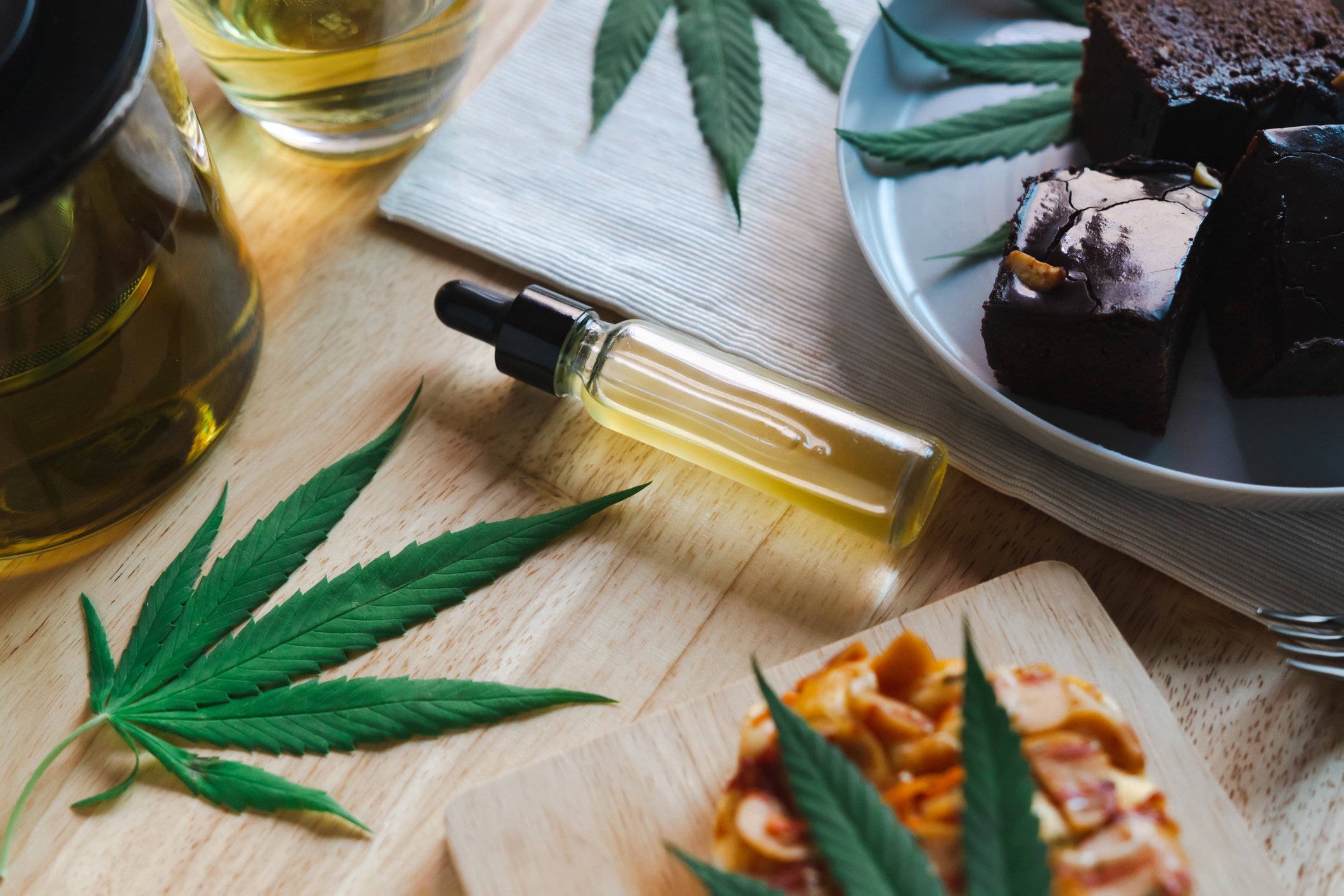The recently passed cannabis omnibus bill incorporated major changes to the laws around recreational cannabis licensing, but it also included significant changes to the law currently regulating the current low-dose, hemp-derived products (Minn. Stat. 151.72 ). Here are three major changes that go into effect io July 1, 2024:
- The Hot Potato Lands with Office of Cannabis Management. The responsibility to regulate the hemp-derived market, which has been passed around like a hot potato, will once again find itself with new regulators. Initially, the responsibilities were given to the Board of Pharmacy as part of the 2022 changes that opened the door to the edible and beverage market before being handed off last year to the Minnesota Department of Health until March 1, 2025. However, that transition date has moved up, and the Office of Cannabis Management will take over on July 1, 2024. Many of the inspectors used by the Department of Health were borrowed from other state agencies, such as the Department of Revenue. Hopefully, the Office of Cannabis Management will be able to hire and train department employees rather than temporary ones. This would help with continuity; though, there are always growing pains when a new agency takes over.
- Tinctures Are Back (Sort of). With the changes last year, tinctures were taken off the shelves either because of instructions to put the product under your tongue (products may not be marketed or intended to be “application to mucus membrane”) or because the servings could not be individually indicated. As of July 1, 2024, products that cannot be scored or individually separated, may be sold if it includes a measuring spoon, calibrated dropper or similar measuring device that lets the consumer measure one serving at a time. This is a major win for manufacturers of these products. However, the change doesn’t automatically green light tinctures, because there’s another requirement that needs to be satisfied. The product must be “intended to be combined with food or beverage products.” To satisfy this requirement, there has to be something about the product that is connected to consuming it with food or beverage; for example, instructions to add the product to a food product to consume it.
In sum, a tincture may be compliant as long as it comes with a measuring device and there is some relation to the product and food/beverages.
It’s important to note that the statute does not use the word, “tinctures.” Tinctures, as used in hemp products, typically have an oil base. Tinctures, as used in scientific and medical scenarios, are compounds dissolved in ethanol. Therefore, it makes sense that hemp tinctures are legally treated as an edible oil rather than a true tincture.
- THC on Tap. Prior to this change, businesses serving hemp-derived products for on-site consumption had to serve them sealed in their original container. This has changed for beverages, which do not need to be served in their package as long the information normally found on the packaging is otherwise posted or made available to the consumer. This opens the door for businesses to have THC on tap instead of serving only in original cannisters. It also allows businesses to serve infused mocktails.
Again, these changes go into effect on July 1, 2024. There’s a lot going on in the hemp and cannabis industry, so keep an eye out for more info coming soon. In the meantime, please don’t hesitate to reach out to me if you have any questions.


